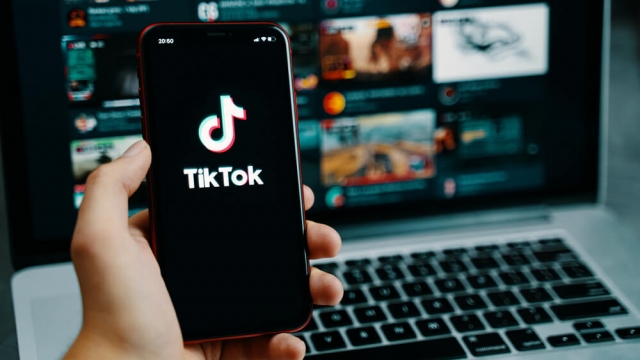The "One Chip Challenge" made its rounds across the internet, daring people to try an extremely spicy tortilla chip and see how long they could hold out without drinking anything.
The chip was meant for adults, but kids have been trying it, resulting in children across the country becoming sickened. Parents in Massachusetts say their teen son died hours after eating the chip.
Challenges like the "One Chip Challenge" by Paqui, a company under Hershey, are part of the reason that more than 1,200 families and 200 school districts have joined a lawsuit against the parent companies of TikTok, Snapchat, and YouTube, alleging the social media apps cause harm to children.
Doctor Natalie Rine, the Director of the Central Ohio Poison Center, said these challenges can glamorize unhealthy behavior for kids and adults alike.
"So the One Chip Challenge, for example, has two of the hottest peppers, oils from two of the hottest peppers in it. They don't talk about the mouth and throat irritation, the significant abdominal pain, vomiting, diarrhea that you can induce with that," said Dr. Rine.
The chips are now off store shelves, and all videos are gone from the challenge’s Tik Tok page.
"It's not really safe for adults to be doing it, let alone children," said Rine.
SEE MORE: Company behind 'One Chip Challenge' pulling items from stores
Why do kids try these dangerous challenges?
Child psychologist Dr. Nicholas Westers of Children’s Health said it can have a lot to do with creating feelings of connection and belonging.
"There's a concept we call social proof, which is this idea that we tend to look to similar others to determine how best to behave in a certain situation or circumstance," said Dr. Westers.
Dr. Westers said young people value connections and value online connections as much as they do connections in real life. Because of this, he suggested parents try to learn as much as they can about their kids’ social media use.
"Be with them on social media rather than vilify and talk about social media being evil. We need to be talking to our kids about what they like, what they don't like," said Dr. Westers.
Dr. Westers said he suggests other tips for parents to help them keep their kids from trying a dangerous challenge. He said instead of focusing on what long-term impacts participating in these challenges has, focus on what could happen in the young person’s life right now.
"The short-term immediate consequences, such as being made fun of by friends at school, your romantic crush seeing and not being impressed at all, or ‘Will this hurt someone?’" said Dr. Westers.
Next, he said, parents can help their teens channel their curiosity into something more positive. The ALS Ice Bucket Challenge is a good example of that.
Both doctors agree: these challenges aren’t going anywhere, so the sooner parents get social media savvy, the safer kids can be.
Trending stories at Scrippsnews.com





